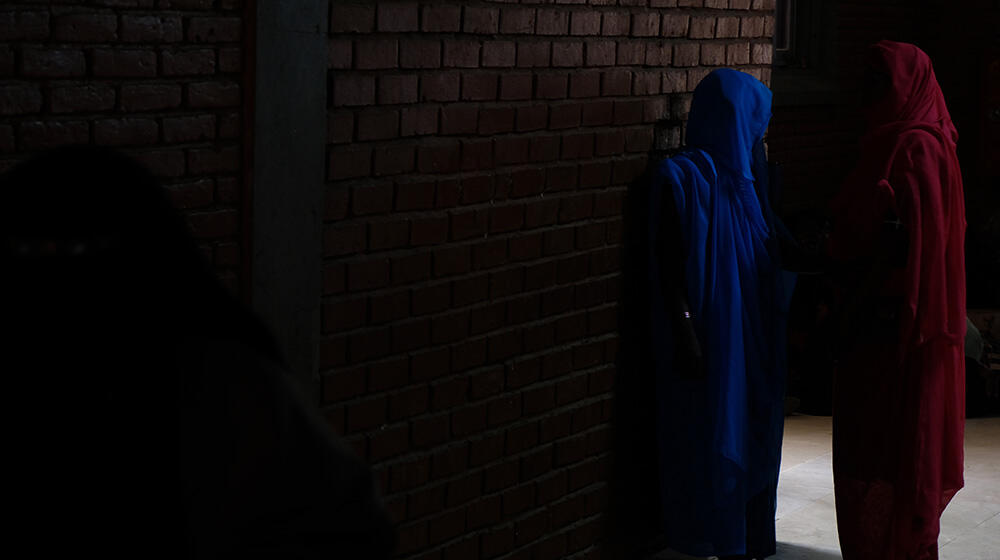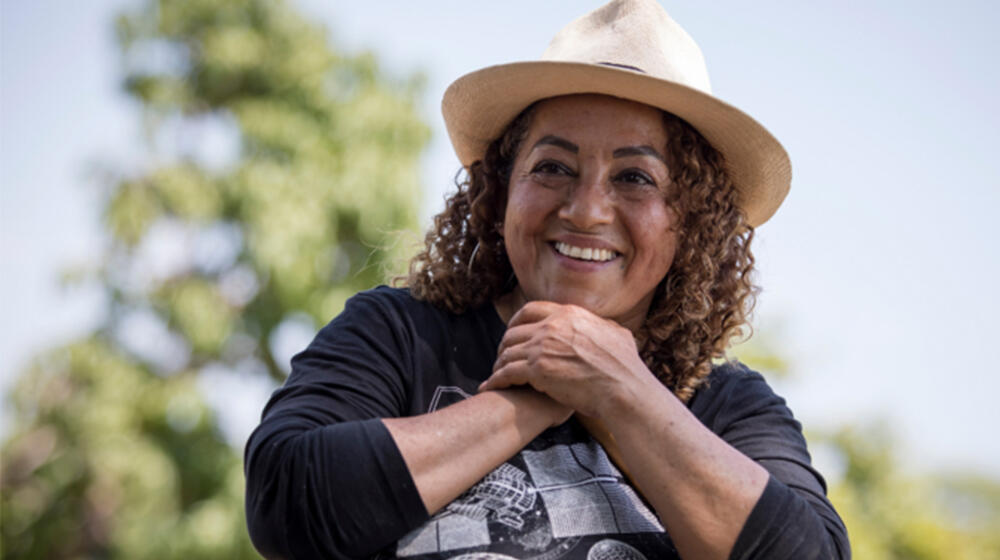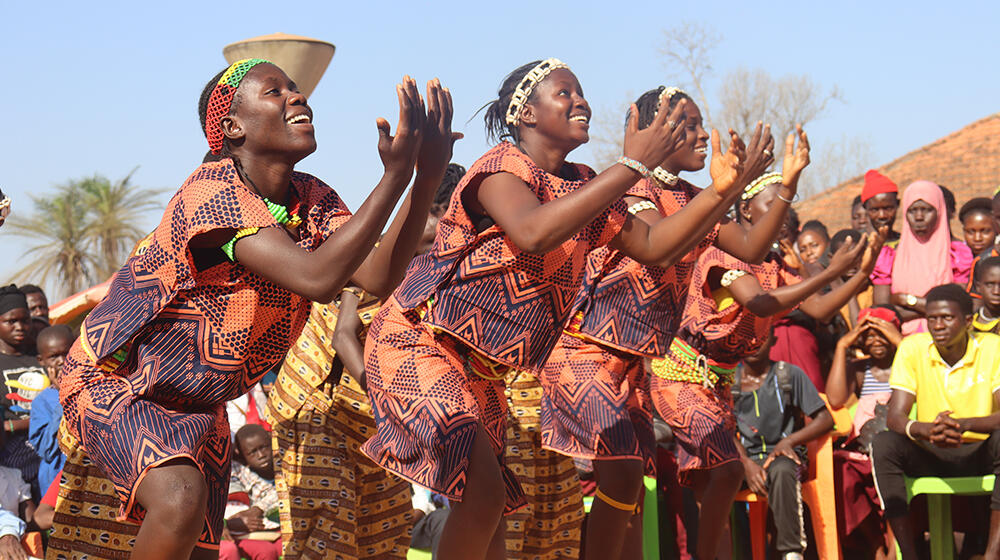“All human beings are born free and equal in dignity and rights.”
It’s the core principle of the Universal Declaration of Human Rights, the landmark document signed 75 years ago with the goal to protect the rights of all peoples and all nations. Yet time and again, we see these rights violated across the globe, particularly among women and girls. When one person’s rights are denied, the rights of all are denied.
This year, as we mark Human Rights Day, UNFPA stands with women and girls in claiming their right to bodily autonomy, a fundamental human right that empowers them with agency over their own lives and futures so they can realize their true potential.
Fulfilling this right requires empowering people to decide freely and responsibly on the number and timing of their children, and on fortifying universal access to quality sexual and reproductive health information and services. It also requires ending all forms of gender-based violence and harmful practices, such as child marriage and female genital mutilation.
As we also mark the 16 Days of Activism Against Gender-Based Violence this year in a time of tremendous global upheaval, UNFPA is focused on safety in all spaces, from conflict and crisis zones to the online world, where women and girls are frequent targets of digital violence. UNFPA recognizes that the virtual is real.
Around the world, UNFPA works to empower women and girls to claim their right to bodily autonomy, helping to ensure that sexual and reproductive health policies and services are grounded in human rights, to uncover rights violations, and to combat discrimination through improved data collection and analysis.
We are making progress. Family-planning programmes are being assessed comprehensively from a human rights perspective to close gaps in Kenya, Kyrgyz Republic, Mozambique and Tanzania. In Costa Rica, a bill has been passed to protect pregnant women from obstetric violence before, during and after childbirth. In Cambodia, Jordan, Mexico, Turkmenistan and Zambia, among other countries, governments are for the first time collecting census data related to persons with disabilities.
But we have a long way to go.
“Now, our task is to accelerate the pace of change through continued, ambitious reforms, backed by more investment and greater political will,” UNFPA Executive Director Dr. Natalia Kanem has said. “Sexual and reproductive rights, in their entirety, belong to everyone.”




